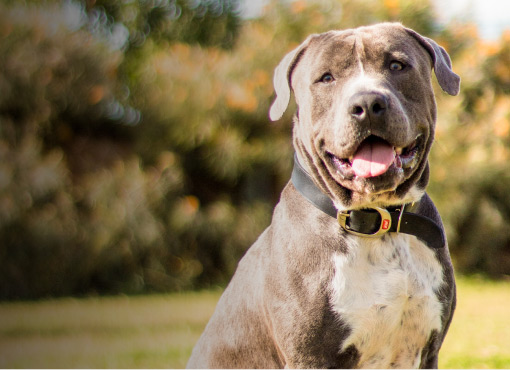Cage eggs come from hens that are housed in battery cages. Hens in these systems have a miserable existence as a result of restricted movement, lack of exercise, uncomfortable wire flooring, and stress - they’re unable to exhibit their natural behaviours.
Hens need to be able to perch, nest, forage, dustbathe and stretch. These needs are not met when hens are stuck in battery cages, this is why the RSPCA are campaigning for an end to battery cages.
Barn-laid or cage-free eggs come from hens housed in a large barn or shed where they are able to move around, stretch, flap their feathers and socialise. Barn hens also have the freedom to lay their eggs in a nest and some will even have access to perches and litter for dustbathing. The most important factor here though is they are not confined to battery cages.
Free-range eggs come from hens that are able to go outside during the day. Conditions on free-range farms do vary. An example of a good free-range farm is one that allows hens access to a well-spaced outdoor area, which includes shade and protection from predators.
RSPCA Approved eggs come from hens that are raised according to the RSPCA Approved Farming Scheme Standard. The birds are raised in a higher welfare indoor environment and may also have access to the outdoors, with plenty of shade, protection and things to do. RSPCA Approved farms are visited regularly by RSPCA Assessors to make sure the standards are being met and there’s always a focus on providing for the hen’s behavioural and physical wellbeing.
Your choices at home and when dining out can help make a better world for hens into the future!



